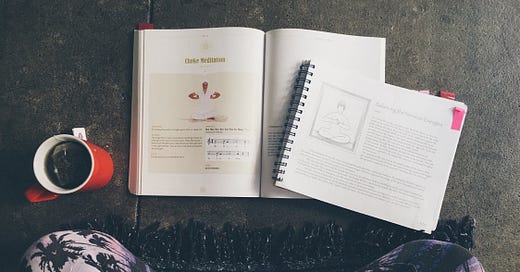Update, 2022: I wrote this in 2017, a much different version of myself at a much different time. I am leaving it mostly intact, and while I don’t necessarily believe some of these things anymore (for instance, I don’t think you need to have “a purpose” to get sober or stay sober), these things were very true for me at that point in my recovery. As always, I trust the reader as the ultimate authority.
© 2025 Holly Whitaker
Substack is the home for great culture



